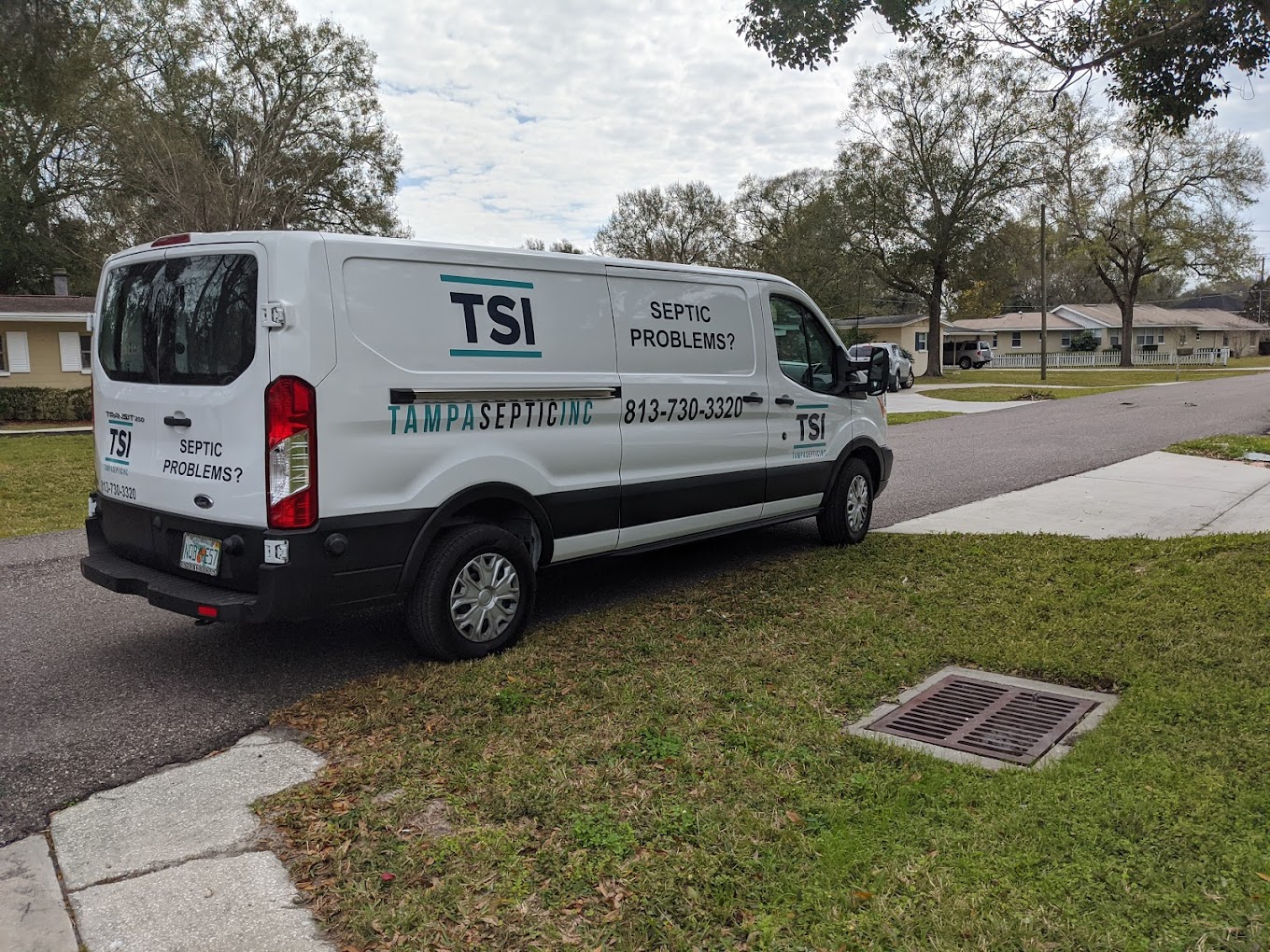 Here at Tampa Septic, we have first-hand experience of what happens when a septic system fails. The results are never pleasant, and fixing the problem typically requires costly repairs and lengthy cleanup. We want to help homeowners like you avoid similar circumstances if at all possible, which is why we offer septic alarms to alert you of potential problems in your system so that you can get them taken care of before they turn catastrophic. In this article, we’ll go over what these devices are and how they work.
Here at Tampa Septic, we have first-hand experience of what happens when a septic system fails. The results are never pleasant, and fixing the problem typically requires costly repairs and lengthy cleanup. We want to help homeowners like you avoid similar circumstances if at all possible, which is why we offer septic alarms to alert you of potential problems in your system so that you can get them taken care of before they turn catastrophic. In this article, we’ll go over what these devices are and how they work.
Septic alarms are small devices typically located on a float inside the tank, similar to the float in a toilet. The alarm should be wired on a separate circuit to the septic pump to ensure that it will still work even if the pump should fail. When the water reaches a certain level, it triggers the alarm, which then activates an alert, which can take the form of a buzzer, a light, or some other mechanism, and may be located inside the house, garage, or even on the outside of the tank itself. If you are having a septic alarm installed, choose a location and alert mechanism that will make it easy to notice when it has been triggered. Our experts at Tampa Septic can also help you with your selection if you’re not sure.
If your septic alarm goes off, you should call us at Tampa Septic right away to have a look at the problem. Septic overflow can occur for a number of different reasons, so it’s important to get a professional assessment to determine the real cause. If you don’t have an alarm or your alarm is failing, our team is on hand to install or replace it so that you can be forewarned of building septic problems.




